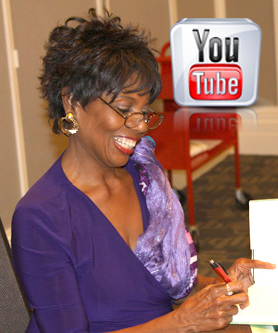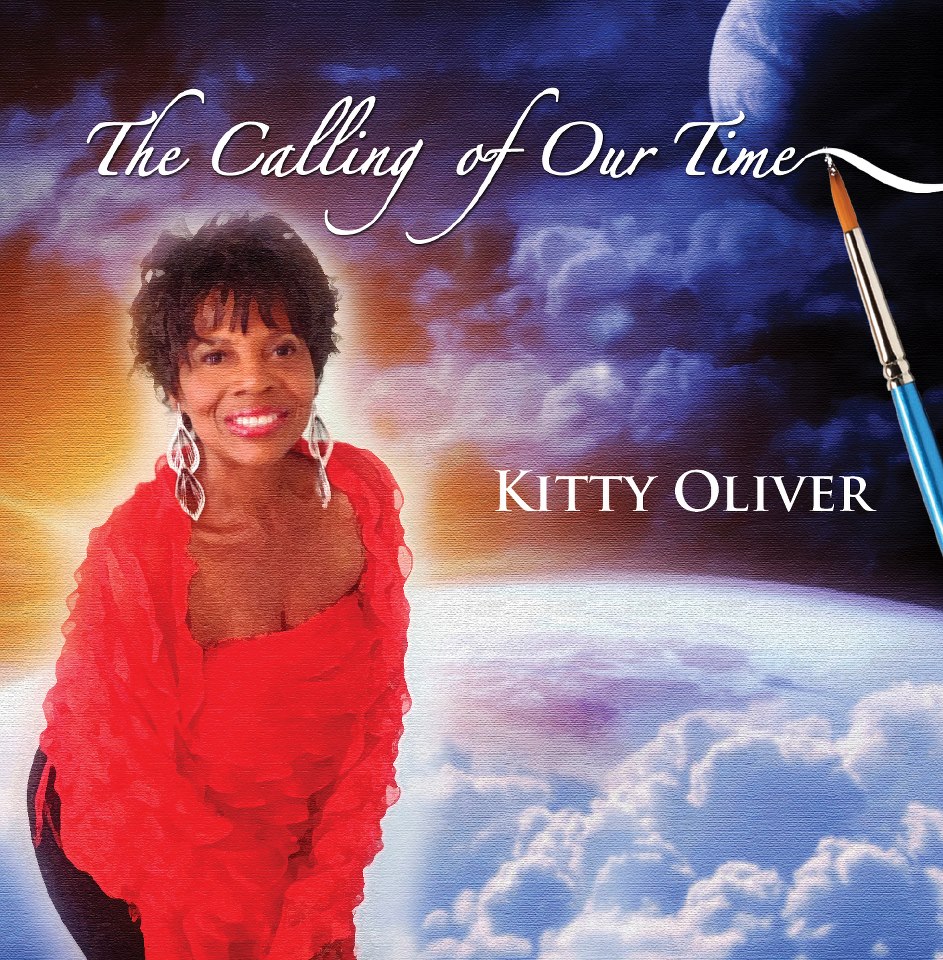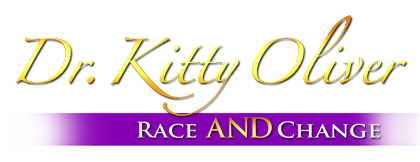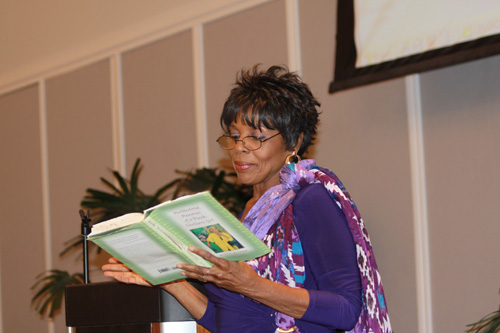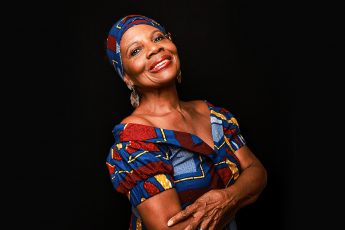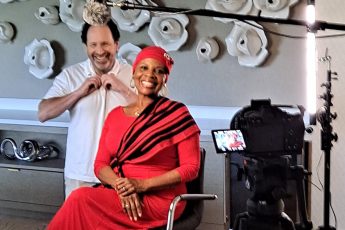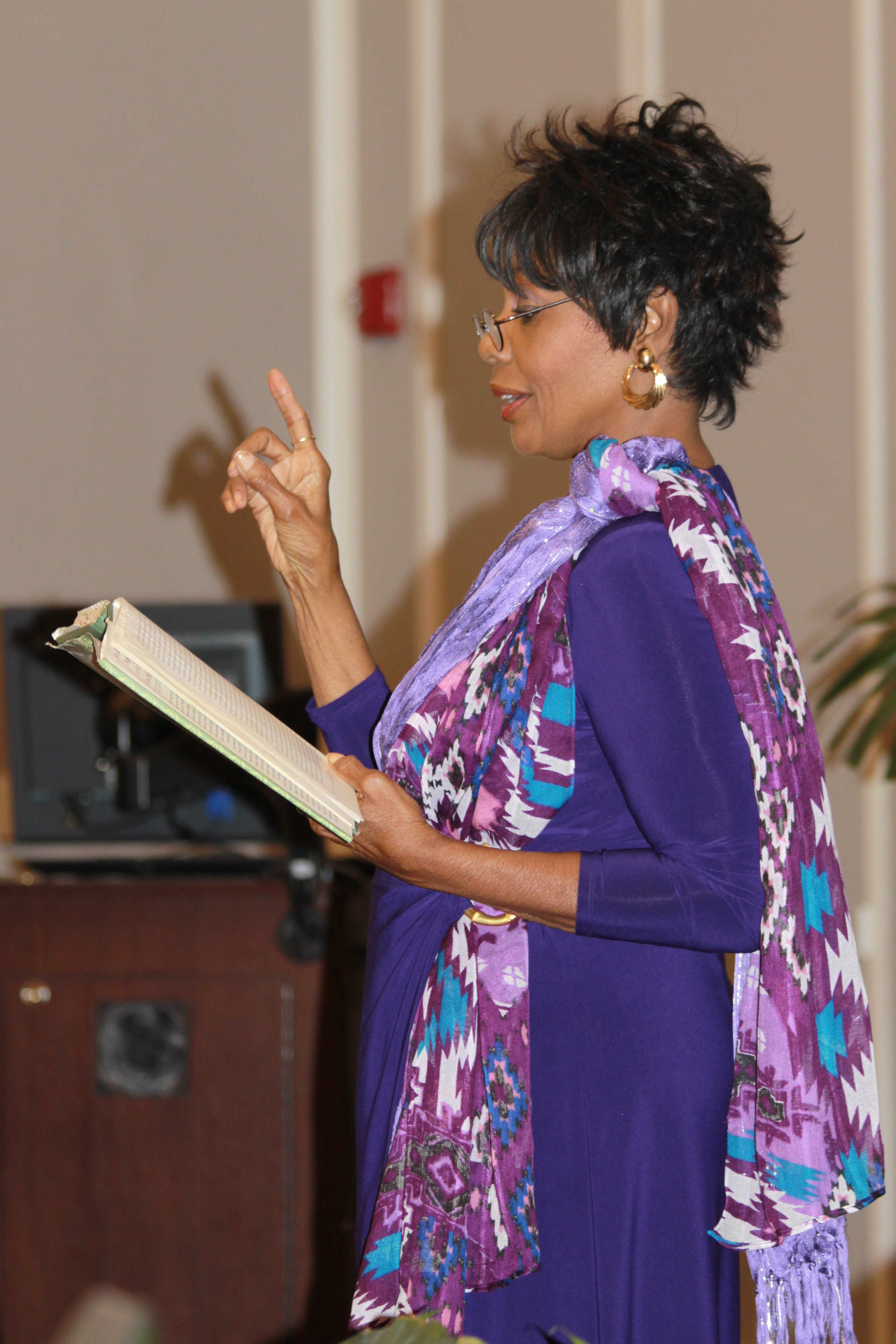 The Race and Change Initiative. “Race and Change” research project in South Florida that has expanded to Ghana, West Africa. The work has resulted in an historical archive of oral histories on race, a multimedia website on race, and consulting for historical, tourism, social service, and government organizations.
The Race and Change Initiative. “Race and Change” research project in South Florida that has expanded to Ghana, West Africa. The work has resulted in an historical archive of oral histories on race, a multimedia website on race, and consulting for historical, tourism, social service, and government organizations.
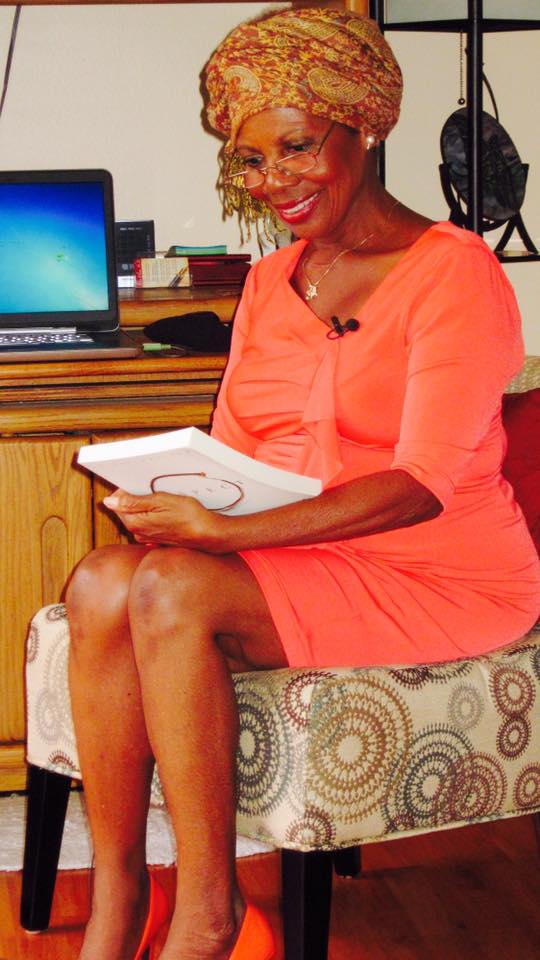 Kitty Oliver’s public television and video productions are used widely by schools and libraries She is producer and host of the 10-part series “Crossing Cultures/Changing Lives”, airing on WBEC-TV. In addition, she produces videos, podcasts, and blogs on race and ethnic relations and changes across generations. She is a lecturer and workshop leader on creative nonfiction writing techniques and memoir writing, and a professional jazz singer. She conducts community oral history field work and is a member of the Oral History Association.
Kitty Oliver’s public television and video productions are used widely by schools and libraries She is producer and host of the 10-part series “Crossing Cultures/Changing Lives”, airing on WBEC-TV. In addition, she produces videos, podcasts, and blogs on race and ethnic relations and changes across generations. She is a lecturer and workshop leader on creative nonfiction writing techniques and memoir writing, and a professional jazz singer. She conducts community oral history field work and is a member of the Oral History Association.
The Race and Change Initiative is an innovative 21st century approach to dialoguing about differences across races and ethnicities. It includes over 125 audio-taped and videotaped interviews of Whites, Blacks, Hispanics/Latinos, and Asians collected for the historical Race and Change Oral Histories archive, television documentaries, and podcasts, as well as university courses and community action workshops. The Youth Outreach Project creates intergenerational bridges across cultures as college students and teenagers of diverse immigrant backgrounds produce radio broadcasts and videos on the race relations experiences of their peers and elders.
The Race and Change Oral Histories archive ranges from life histories of baby boomers – U.S. born and immigrants – who came of age with the Civil Rights Movement, to interviews in Ghana, West Africa. It is the only cross-cultural collection of its kind and scope in the U.S. where ordinary people reflect candidly on race relations experiences over the years and how society and they have changed.
The Race and Change Dialogue strategy is a model for talking about differences in a non-confrontational, inclusive, hopeful way, opening the door to global conversations and progress.
“Sharing the truth of our story, all that we have grown through, the progress as well as the pain, can be a healing experience – for the speaker, and the listener – and provide hope for generations to come.”

